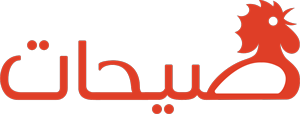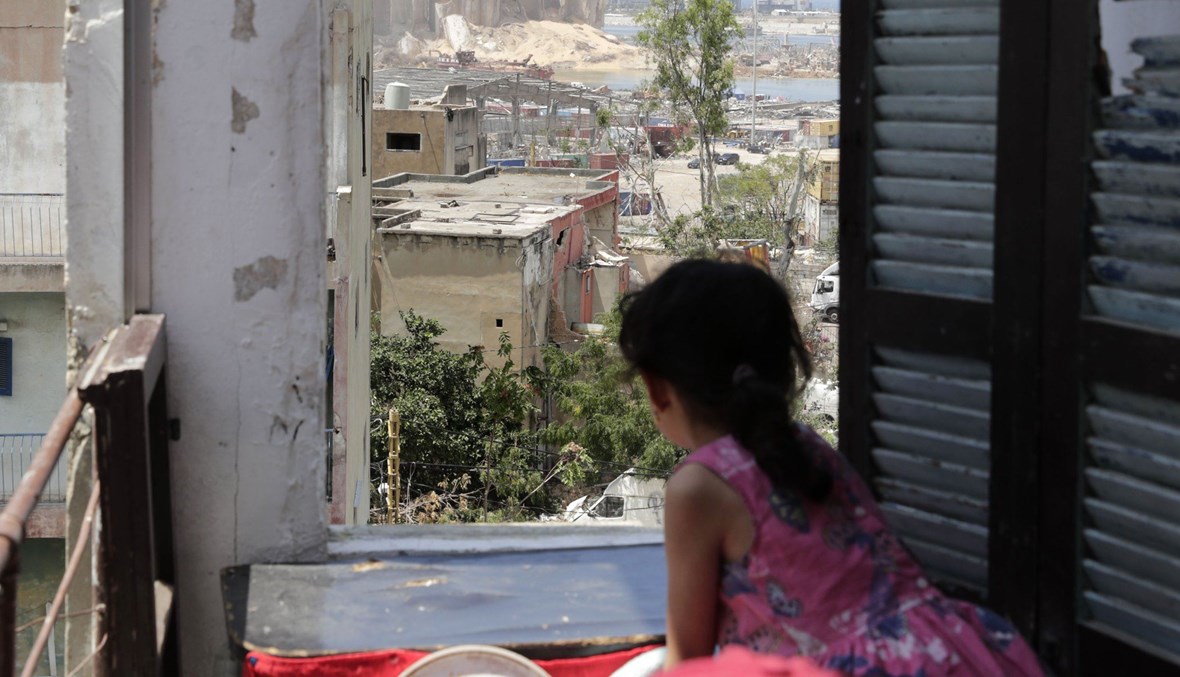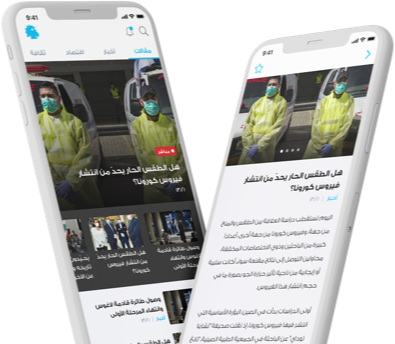183 educational institutions damaged by the Beirut blast, affecting over 77,000 students
BEIRUT: In an effort to ensure that all children affected by the Beirut blast can access education when the new school year starts this month, UNICEF called for urgent actions and increased support as 163 public and private schools were damaged by the explosions, impacting over 70,000 students and 7,600 teachers.
To meet the urgent needs of affected children, UNICEF has so far, responded by delivering 18 shipments of critical humanitarian supplies, totaling 67 tons, in addition to local procurement of emergency supplies, reconnecting over 155 buildings to the public water system, and installed more than 870 water tanks in damaged households, along with many other responses.
An estimated 600,000 children live within a 20-kilometer radius of the blast and could be suffering negative short-term and long-term psychological impacts.
Based on initial assessments of schools within a 20-kilometer radius of the blast by the Ministry of Education and Higher Education thus far, approximately 80 percent of schools have sustained light to moderate damage and 20 percent have sustained heavy damage.
Resources are being rapidly mobilized to begin rehabilitation and get light to moderately damaged schools back in operation as soon as October together with UNESCO and other partners.
“One month on from the devastating blasts, the needs continue to be acute and we need to look into the future,” said UNICEF Lebanon Representative Yukie Mokuo. “With the length of time it may take to rebuild and rehabilitate damaged schools and replace lost furniture and school equipment, there is an urgent need to strengthen remote learning options for affected children.”
Due to the COVID-19 pandemic, all schools plan to implement a blended approach involving both remote and face-to-face learning. However, these plans are further complicated by the impact of the blasts. As many homes were destroyed and families were forced to relocate, limited access to learning materials and connectivity needs to be urgently addressed ahead of the imminent start of the 2020/21 school year.
The most vulnerable children did not have learning materials and connectivity to start with and are at further risk of prolonged delay to access learning and even possibly drop out of school. Families who lost homes and livelihoods are also facing financial obstacles to enroll and support the education of their children.
UNICEF requires US$50 million to respond to the immediate needs of children and families over the next three months. The response focuses on the psycho-social needs of children and the caregivers, keeping children safe; rehabilitating basic essential services; and equipping adolescents and young people with skills they need to be part of the effort to rebuild their country – all while limiting the spread of COVID-19.

 اشترِك في نشرتنا الإخبارية
اشترِك في نشرتنا الإخبارية









